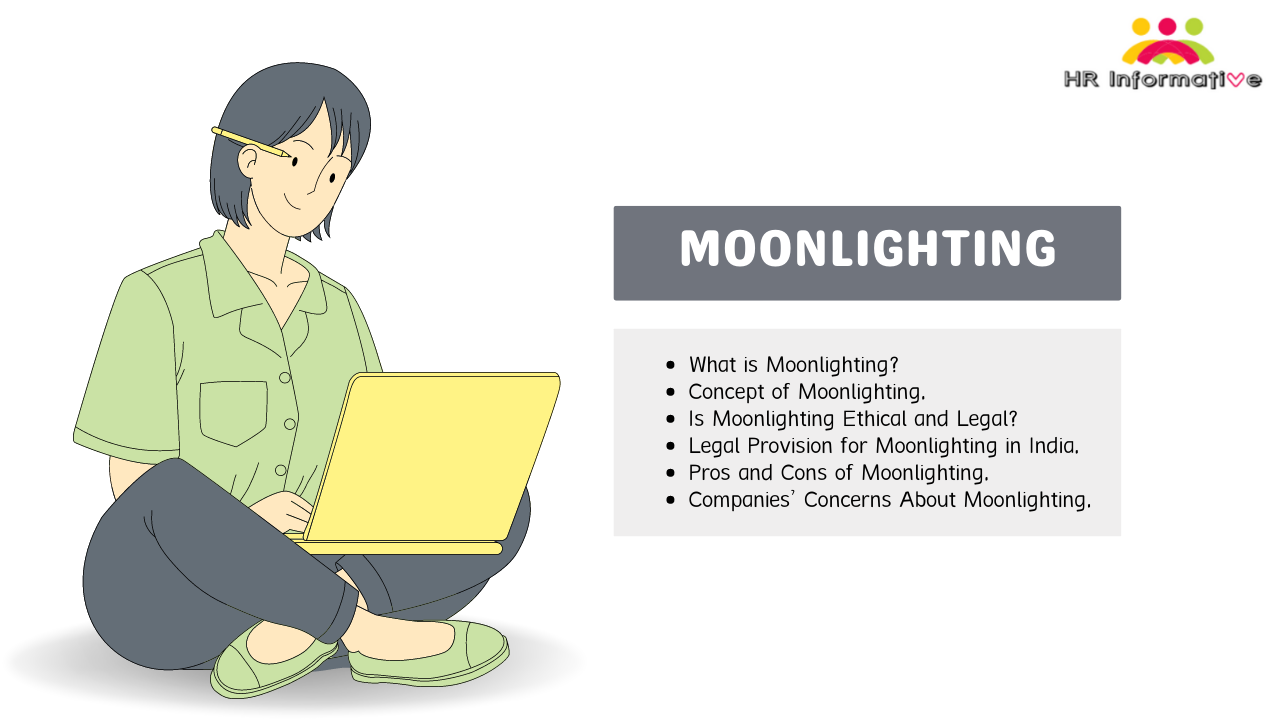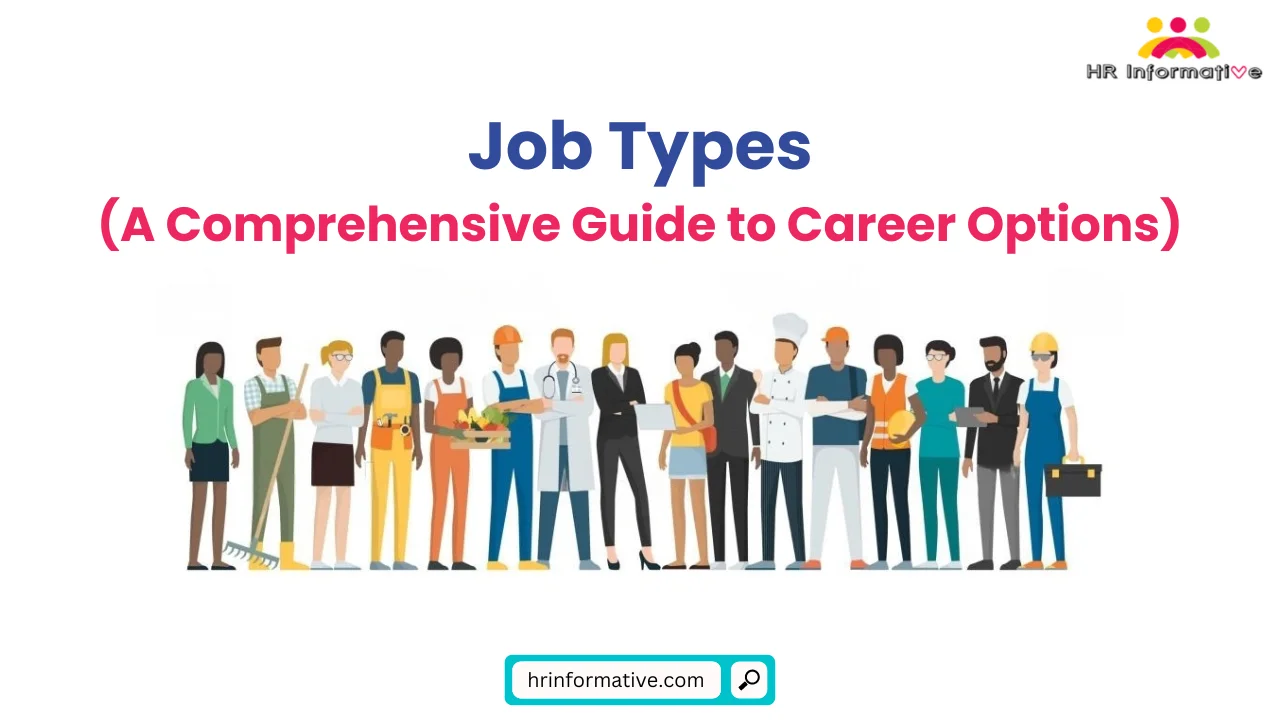Moonlighting, the act of taking on a second job outside of one’s primary employment, has become a burning issue in today’s work landscape. Fueled by the rise of remote work and the desire for extra income, this practice sparks heated debates about ethics, legality, and its impact on both individuals and companies.
This article delves deep into the world of moonlighting, exploring its various facets. We’ll illuminate the reasons why people choose to moonlight, the potential benefits and drawbacks they face, and the legal considerations surrounding this practice. We’ll also examine how companies are reacting to this trend, with some embracing it and others taking a firm stance against it.
By exploring different perspectives and delving into the complexities of moonlighting, this article aims to provide you with a comprehensive understanding of this controversial topic. So, buckle up as we navigate the moonlit world of second jobs, uncovering its potential and pitfalls.
What is Moonlighting?
To put it simply, when an employee takes up a second job or multiple assignments from outside apart from his primary job that is called “Moonlighting”. In this case, an employee does not inform or seek permission from his current employer for taking the second job.
Concept of Moonlighting
The word “Moonlighting” was become very popular in America when people started taking a second job in addition to their regular 9 to 5 job. Due to the pandemic, employees were doing their job Work From Home and got some free time after working hours. People started searching for part-time jobs to get extra monetary benefits. Especially in the IT industry, employees took up two jobs simultaneously and took advantage of the remote working model.
Is Moonlighting Ethical?
People’s opinion on this is divided into two sides. Some people believe that moonlighting is ethical because it allows people to earn extra money to support themselves or their families. Others believe that moonlighting is unethical because people do not inform and take permission from their current employer for this and neglect their personal life as well.
Is Moonlight Legal?
There is no law at this point in time that confirms whether moonlighting is legal or illegal. Legal or illegal depends on some factors including employment agreements and terms & conditions of work with the respective company.
For example, Moonlighting could be considered cheating with the employer if an employee is already contracted to another company and working for them full-time. However, if the employee is only working a few hours a week for another company, it might not be seen as cheating. It all depends on the contract that the employee has signed.
However, if your company does have a strict policy against moonlighting, then you might want to think twice before doing it. Even after this, if you do this, you will definitely lose your job.
Before starting any side hustle, taking extra assignments from outside, or launching a business, employees should take a close look at their employment contract to make sure they are complying with any moonlighting policies.
Legal Provisions Regarding Moonlighting in India
Indian laws do not define “Moonlighting”. Certain statutory provisions impose restrictions on double employment.
- Factories Act 1948 prohibits dual employment. However, this is limited to factory workers and does not govern other sectors of employment. If the employment letter does not forbid dual employment and there is no non-compete clause, an employee can engage in moonlighting.
- Delhi Shops and Establishments Act, 1954 states in section 9 that no person shall work about the business of an establishment or two or more establishments or an establishment and a factory in excess of the period during which he may be lawfully employed under this Act.
- Bombay Shops and Establishment Act, 1948 states in section 65 that no employee shall work in any establishment, nor shall any employer knowingly permit an employee to work in any establishment, on a day on which the employee is given a holiday or is on leave in accordance with the provisions of this Act.
- Industrial Employment (Standing Orders) Central Rules, 1946, states in Schedule I-B section 8 that a workman shall not at any time work against the interest of the industrial establishment in which he is employed and shall not take any employment in addition to his job in the establishment, which may adversely affect the interest of his employer.
How to Find Out if an Employee Is Moonlighting?
Companies can find out through the below methods that an employee is moonlighting.
- Companies can find out that an employee is moonlighting and working for its competitors using their Universal Account Number (UAN). Companies can access the UAN number of an employee to get to know if two EPF contributions are being made by different companies. If two EPF contributions are being made simultaneously to a UAN, it means that the employee is moonlighting.
- Companies may track devices given to employees solely for office work and get to know when an employee uses it to do another company’s work.
- Companies may also hire a third-party agency for background checks to find out about moonlighting by an employee.
However, it is also not easy to find moonlighting by an employee when an employee takes up additional work as a consultant, freelancer or part-time since an employer does not make the EPF contribution for such work.
Pros of Moonlighting
There are a number of pros to Moonlighting :
- Earn Extra Income : The major pro of moonlighting is extra income. Moonlighting gives you the opportunity to earn extra income which helps to improve your standard of living and boost your savings.
- Skills Learning Opportunity : Moonlighting can provide you the opportunity to learn something new. You can learn new skills which may help you to get a good opportunity.
- Building a Better Network : Moonlighting provides the opportunity to expand the network of colleagues and business associates. A strong network helps in future employment opportunities.
- Variety of Jobs : Moonlighting can provide you a variety of jobs. You can try out different roles and industries, which can be a refreshing change in your day-to-day life with extra income.
- Extra Experience : Moonlighting can be a great way to gain extra experience, particularly if you are looking to change careers.
Cons of Moonlighting
There are also some cons to Moonlighting :
- It can be challenging to juggle two jobs, especially if they have conflicting schedules.
- There is always the potential for conflict between your primary and secondary employers.
- You may not be able to spend quality time with your family and friends.
- You may have to give up some benefits (such as holidays, vacations, etc.) that you would have gotten if you had only one job.
- It may cause health issues in the future.
Companies’ Response To Moonlighting
Some companies support moonlighting while some top companies are against moonlighting.
Companies In Favour of Moonlighting
- Swiggy : Swiggy announced a moonlighting policy for its employees and allowing them to work on other projects under specific conditions after working hours.
- Nova Benefits : Nova Benefits supports moonlighting and allows employees to try new options and pursue their interests or passion outside work hours.
- Tech Mahindra : The CEO of Tech Mahindra, C P Gurnani, stated that he might consider allowing moonlighting. He can allow employees to take up extra work, but they have to be open about it.
Companies Against Moonlighting
- Wipro: The Chairman of Wipro, Rishad Premji is against moonlighting. He stated moonlighting is cheating. Wipro fired around 300 employees for ‘moonlighting’.
- Infosys: Infosys has warned its employees against taking up a second job without letting the company know. In one of the recent emails sent by the HR department to employees, Infosys highlighted that all its employees must read their employment contracts before taking up an alternative job. In fact, the company also warned employees of termination if they take up a second job during or post working hours.
- IBM: IBM called moonlighting unethical and warned employees against moonlighting.
- TCS: TCS has stated that moonlighting is an ethical issue.
Companies’ Concerns About Moonlighting
- Confidentiality : The primary concerns companies have against moonlighting are data and confidentiality breaches.
- Conflict of Interest : This is a big issue in the software and IT industries where employees use skills they have learned from their primary employer for the benefit of their rivals.
- Loss of Productivity : If employees are working long hours, the second job may cause the employee to become distracted, unproductive, and neglect job responsibilities because of physical fatigue.
- Misuse of Resource : Employees may use company resources for their second job which increases operating expenses.
Conclusion
Moonlighting is a complex issue with arguments on both sides. While it provides extra income and opportunities for employees, companies have legitimate concerns around conflicts of interest, confidentiality breaches, loss of productivity, and misuse of resources.
Ultimately, the ethics and legality depend on individual employment contracts and company policies. Employees should carefully review these before taking on any secondary work to avoid litigation or termination. Companies need clear moonlighting policies spelling out expectations and consequences for violations.
Going forward, the debate around moonlighting will likely continue as remote work expands opportunities but also challenges traditional employer-employee relationships. Both sides will need to think creatively about how to adapt to this new dynamic in a mutually beneficial way – for instance, by allowing some flexibility around extra projects while establishing safeguards for core business interests. Striking the right balance will enable workers to pursue extra income while allowing companies to protect their priorities.
You May Read Also :




